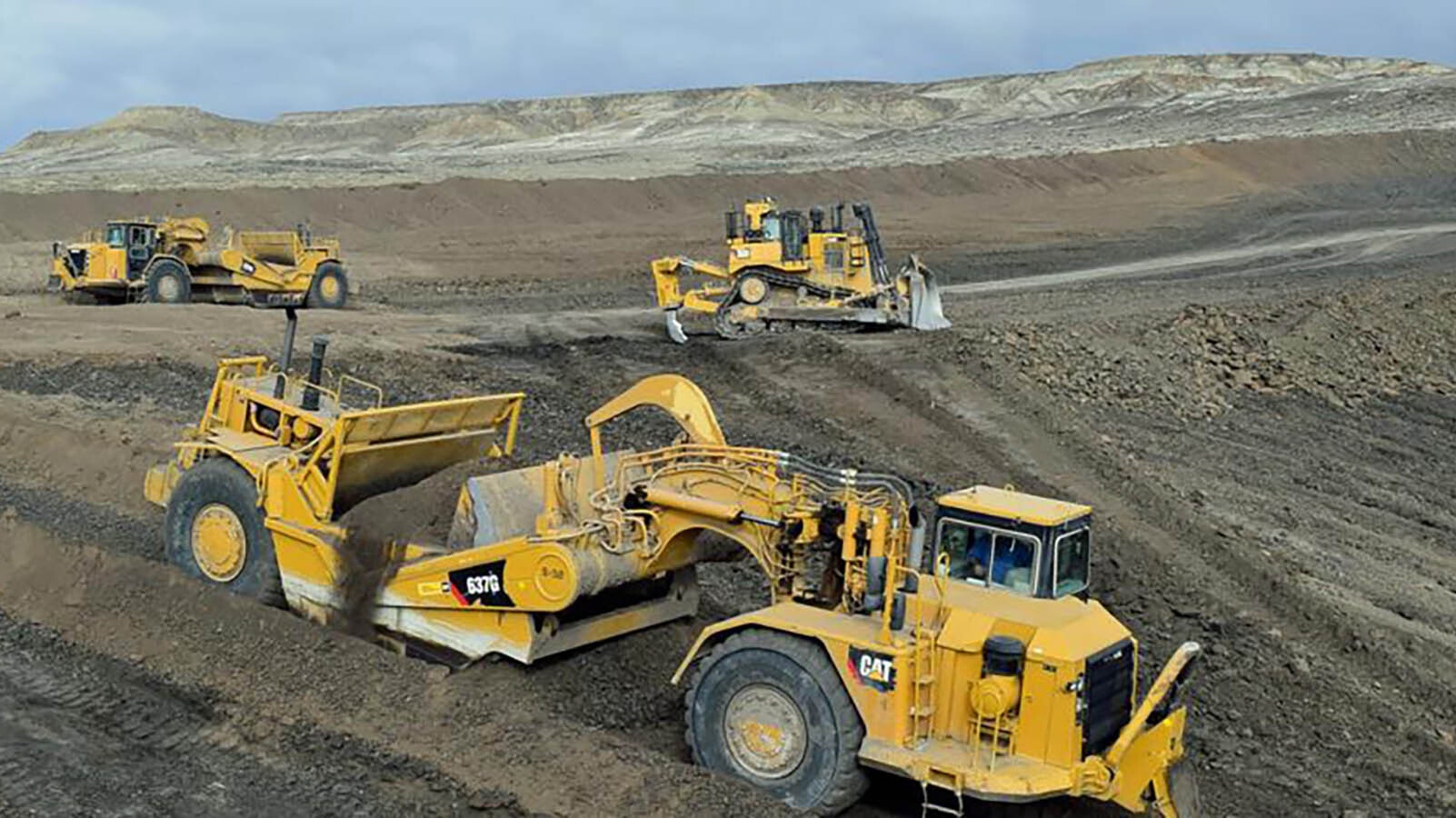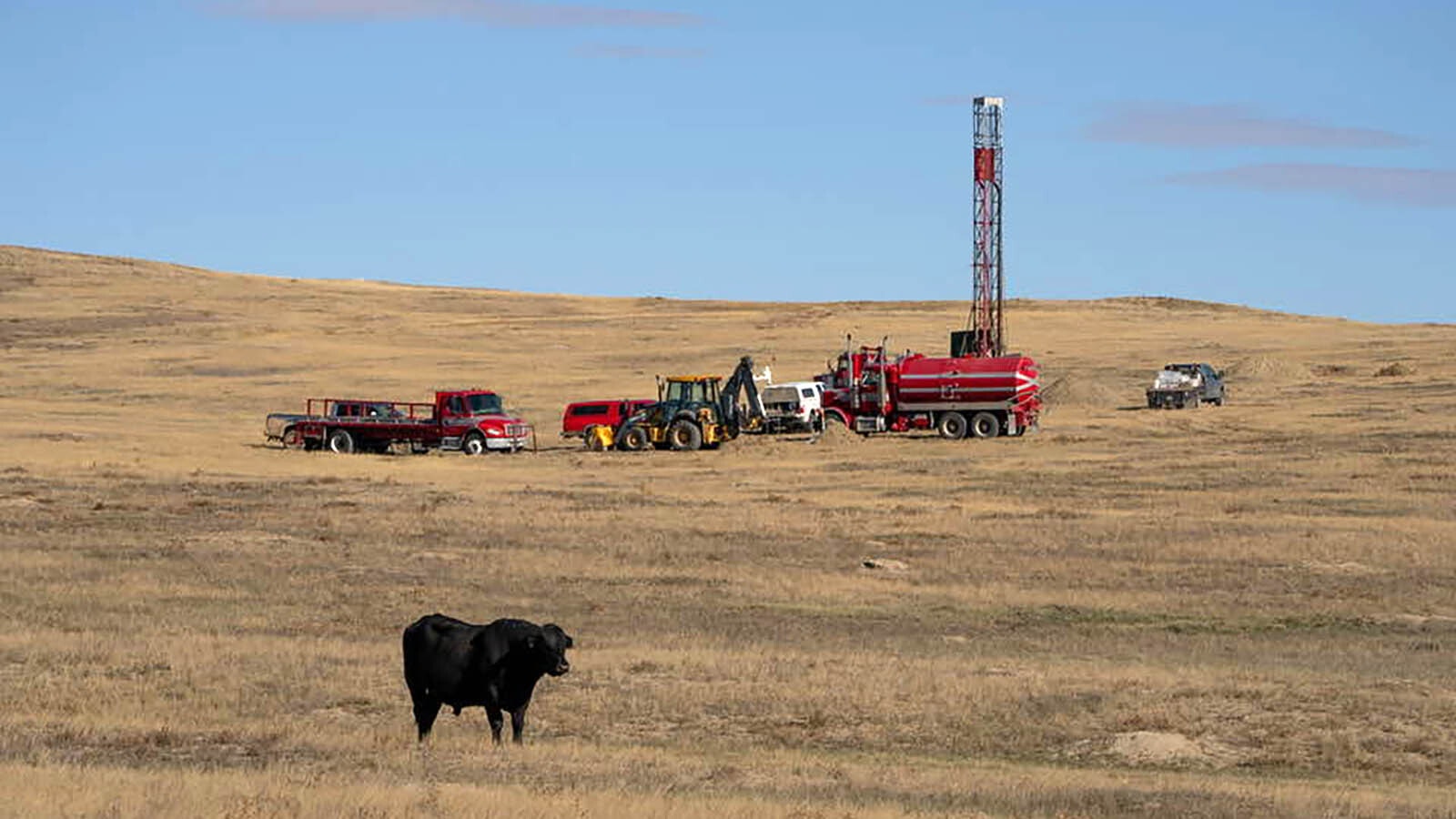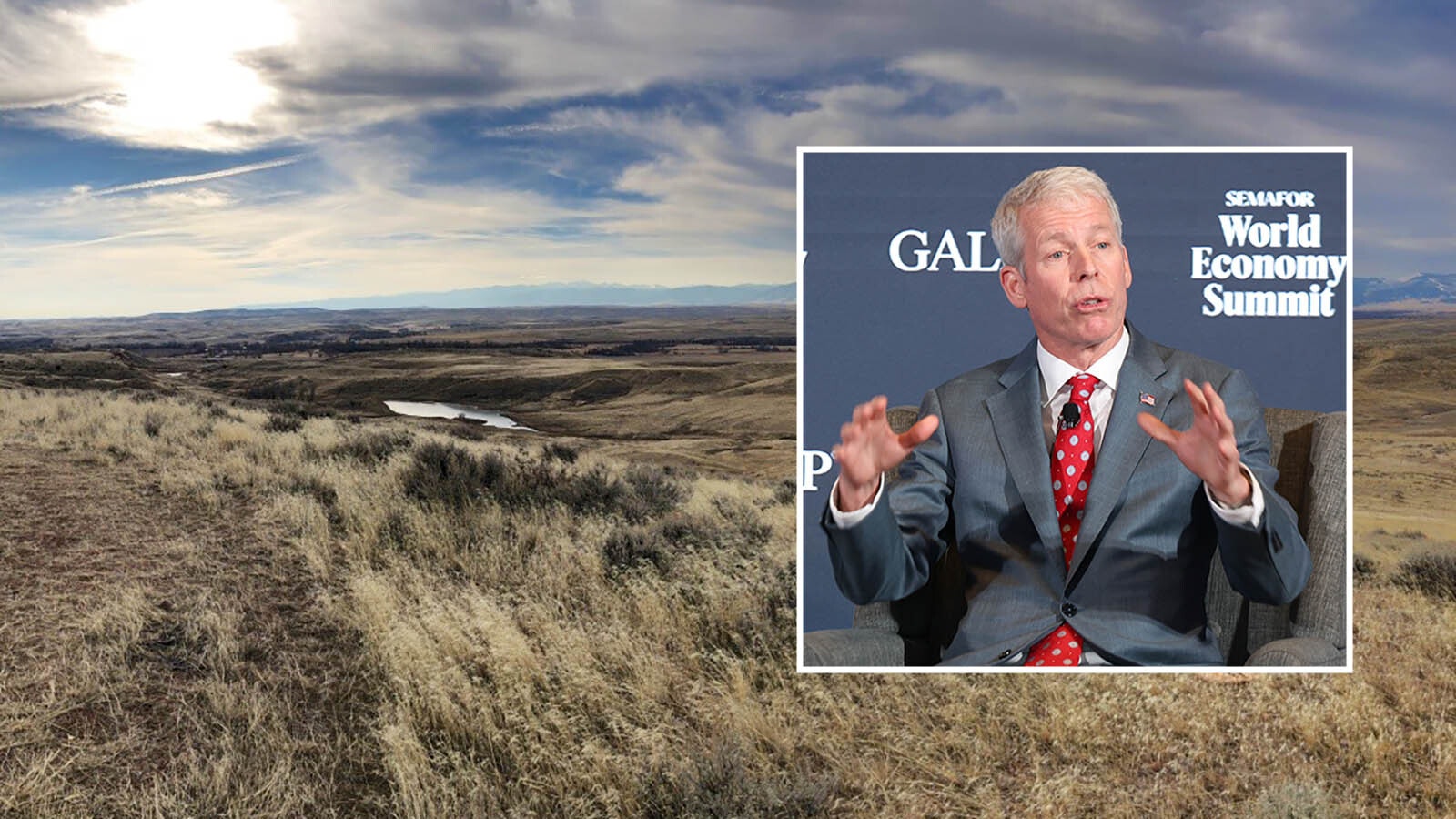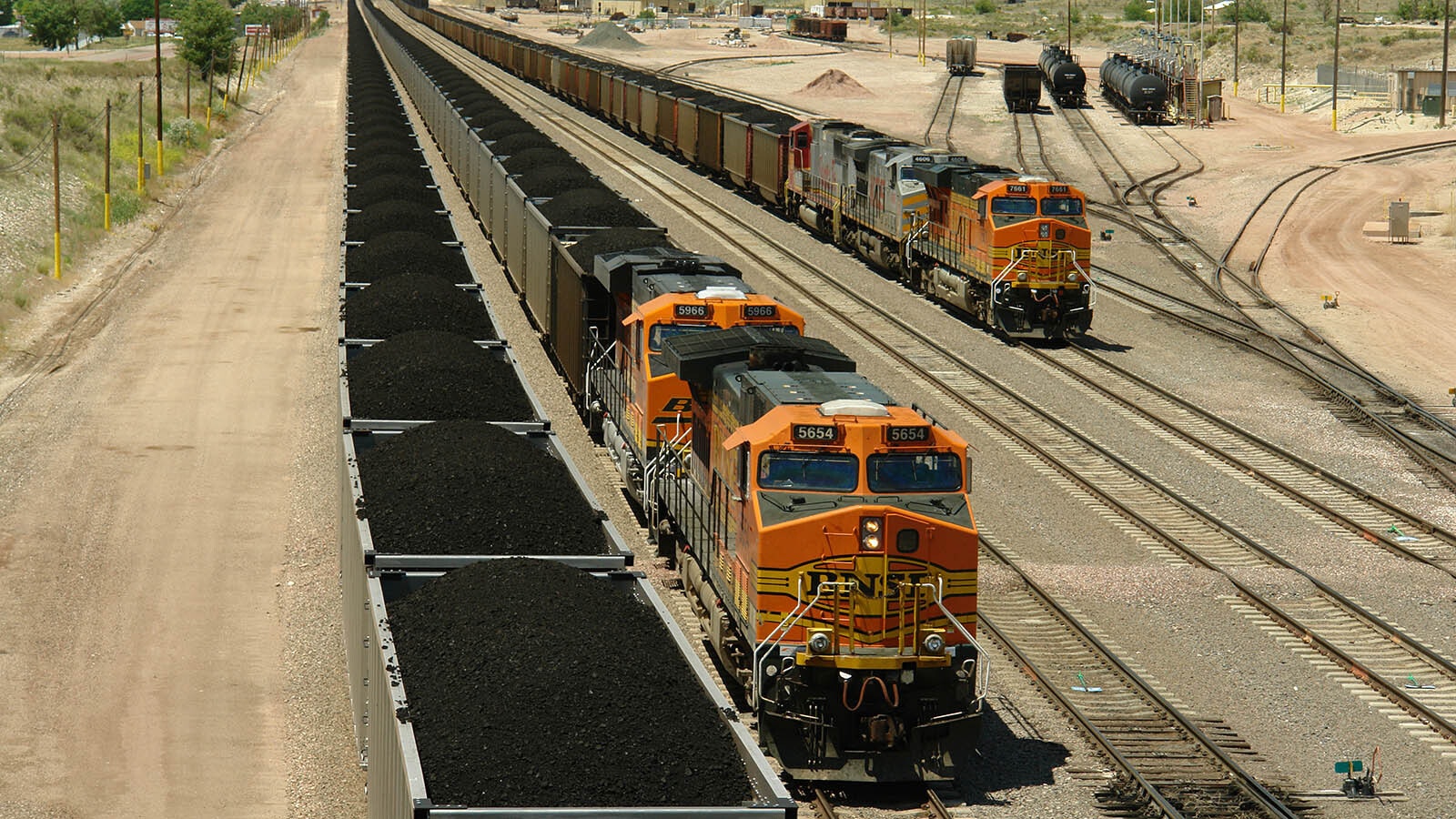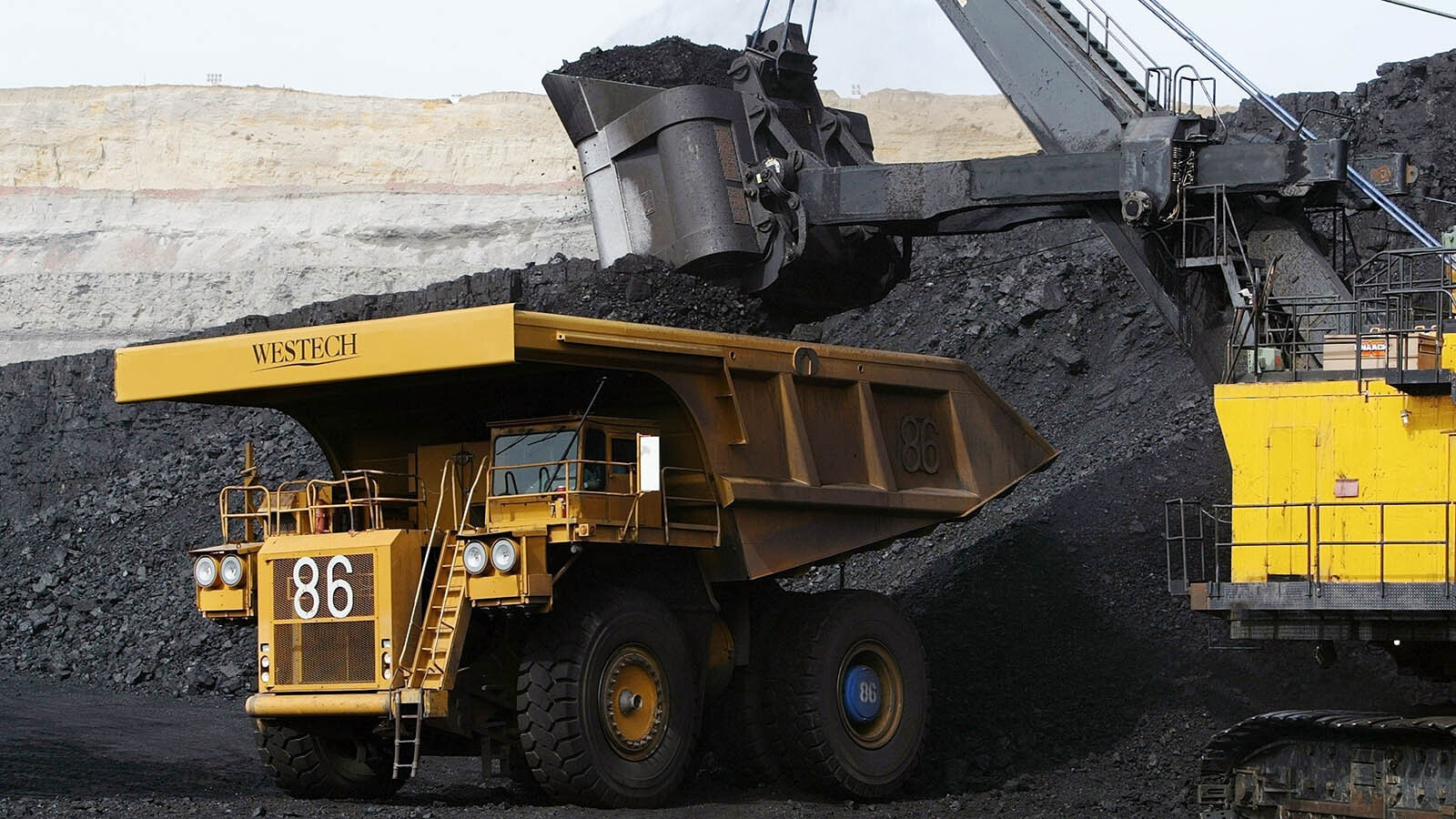Wyoming’s mining industries could be headed for a showdown over property rights.
As the 2024 legislative session is set to begin Feb. 12, a proposal offered by Cheyenne Republican Rep. Ben Hornok could effectively give surface rights owners the ability to halt minerals extraction on their land for any reason — except for trona and coal mining, which would be exempt.
The move could unsettle longstanding federal mining laws in the state that have stood for a century, observers said.
Hornok told Cowboy State Daily that he drafted the proposal after a ranching constituent in his Cheyenne district brought to his attention the property rights issue shortly after he was elected in November 2022.
The rancher complained to Hornok that a mining operator had failed to properly return his grazing land to its original condition once the mining operation was abandoned.
“When the rancher looked at the land, it wasn’t what he had agreed to,” Hornok said. “There was grading done on his land from the mine that he now can’t use for grazing cattle.”
Hornok declined to identify the rancher or the mining operator in his Laramie County district.
“I’m not trying to stifle industry,” said Hornok, who said his bill would make it easier for surface rights owners to accept or reject reclamation plans.
As it stands now, Hornok said that mining companies make “minor changes” to reclamation plans in a piecemeal fashion without alerting the state’s Department of Environmental Quality of what could end up becoming a significant change.
He also said that opponents of the proposal watching from the sidelines are nervous about empowering surface rights owners at the expense of miners.
“If the bill proceeds, it would affect how mines are permitted,” said Kelli Little, director of governmental affairs with Associated General Contractors of Wyoming. She estimates about a quarter of her group’s 70 members are involved in aggregate mining for gravel used to pave highways that could be impacted.
“It would disrupt the rights between mineral rights and surface permit owners,” she said.
“The bill, as written, would have a very significant change in the mining industry,” said Travis Deti, executive director of the Wyoming Mining Association. “We are studying the bill right now.”
Opening A Door?
Others are biting their nails as well.
“I can tell you from the standpoint of a heavy construction company, anytime you permit an aggregate operation, and the federal government is the mineral owner, we avoid that at all costs,” said Ernie Skretteberg, shareholder vice president of McGarvin-Moberly Construction Co. in Worland.
“We avoid it all costs as there is too much complexity involved and a lot of bloody battles in court over the royalties paid to the owners,” he added about his heavy construction company that builds highways. “Depending on how this presents itself, the legislation could have a negative impact on our industry and the public works industries obtaining rights of way and easements.”
Tyler Lindholm, former legislator from Crook County and state director for the Wyoming chapter of Americans for Prosperity, said that the proposed legislation doesn’t work to find common ground and instead to lock up natural resources.
“They don’t want to mess with the piggy bank,” said Lindholm of the potential negative economic fallout the proposal could cause to the state’s budget.
“The way I read this is the surface owner could freeze out a mineral rights owner if any changes are made to a permit,” Lindholm said. “If a mining operation is shut down, then you have to look at employees and people potentially being out of work.”
There’s also the potential the bill could open a door for anti-mining interests to obtain those surface rights to then have the ability to shut operations down.
“This is a departure from the current standard,” Lindholm said. “Wyoming respects property rights for both property holders. Surface and mineral rights owners are both equally weighted as far as mineral activity is concerned. This proposed legislation would tilt the scale to surface owners and surface owners could shut down any minerals mining.”
The proposal also can have another unintended effect, he said.
Lindholm said that the proposal makes Hornok and others who co-sponsor the legislation strange bedfellows with the Biden administration’s Bureau of Land Management effort to limit trona mining in southwestern Wyoming.
“The Biden administration wants to lock up natural resources,” Lindholm said. “Some conservative members want to lock up the rest of the state. It all comes down to surface rights. The proposal also could do economic injury to miners of emerging lithium and rare earth industries in Wyoming.”
Pat Maio can be reached at pat@cowboystatedaily.com.

